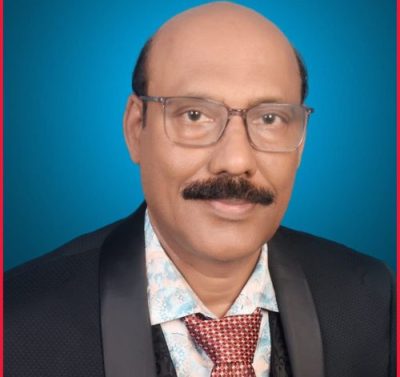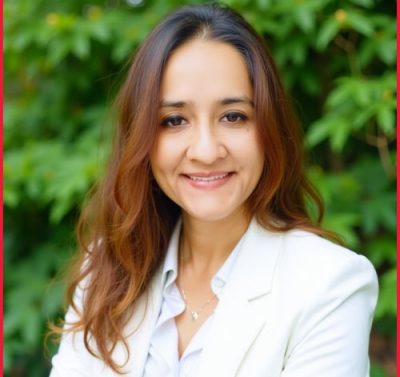At the United Nations annual climate conference, known as COP28, Friday was speechmaking day. Heads of state each gave brief statements outlining their perspectives on the planet’s climate situation, what their country is doing, and what they believed others should do.
It was a depressing day as well since, not far away in the Middle East, Israeli airstrikes and ground combat returned to the Gaza Strip following a week-long ceasefire in the Israel-Hamas conflict in order to swap prisoners and hostages.
It was also a day on which countries made agreements or promises to show that they were serious about acting to stop climate change.
Some conclusions from what happened in Dubai on Friday:
SUMMIT OF LEADERS
The urgency and scope of climate change, as well as the urgent need to take immediate action to reduce global warming before it worsens, occupied the attention of world leaders. Fossil fuels were the target of United Nations Secretary-General Antonio Guterres. These discussions centre on that industry. The oil-rich United Arab Emirates is hosting COP28, and Sultan al-Jaber, the conference president, is also the head of Abu Dhabi National Oil Co.
According to Guterres, reducing the use of oil and gas is necessary to prevent climate change and maintain global warming under the 1.5 degree Celsius (2.7 Fahrenheit) target set by the Paris Agreement.
He argued that only the world’s leaders could heal the ills of climate change.
The secretary-general stated, “We are minutes from midnight for the 1.5 degree limit and miles from the goals of the Paris agreement, but it is not too late.” “We can stop the planet from crashing and burning. You can too.”
Other leaders stated that although nations had united and acknowledged the threat presented by greenhouse gases, much more was still required. And here we are.
Luiz Inacio Lula da Silva, the president of Brazil, declared that his nation would end deforestation by 2030. Restoring Brazil’s rainforests is essential to reducing global warming. Too many “eloquent and empty speeches,” he claimed.
Leaders agreed that speed is crucial.
GAZA LOOMS LARGE
A week-long cease-fire that had ended earlier in the day cast a shadow over the proceedings as leaders emphasised the threat posed by melting glaciers and a hotter, more deadly planet. Speakers expressed sympathy for Palestinians and made a connection between the threat posed by climate change and their suffering.
Jordan’s King Abdullah said, “Let’s be inclusive of the most vulnerable Palestinians severely impacted by the war.”
In addition to warning world leaders about the severe effects of climate change and the necessity for action to keep the ecosystem from collapsing, Guterres stated that “conflicts are causing immense suffering and intense emotion.”
At the conclusion of the week-long cease-fire, those remarks were made. While militants in Gaza continued firing rockets into Israel, Israel continued its attacks on Gaza. Jordan’s King Abdullah brought up the issue of the “vulnerable Palestinians,” and handbills bearing the slogan “Cease-fire Now” were distributed by an environmental group.
Although he was scheduled to speak at the conference, Israel’s President Isaac Herzog did not. Additionally, as reported by the state-run IRNA news agency on Friday, Iran’s delegation departed the proceedings on Friday to express its disapproval of the participation of Israeli officials.
NOTICES AND FINANCE
It was a day of financial commitments and declarations of grand ambitions.
Under the joint leadership of Germany and Chile, a coalition of 36 nations seeks to aggressively address industrial emissions. The “Climate Club,” as it is officially known, was originally mentioned at the Group of Seven summit last year. The goal is to reduce the sector’s emissions while achieving industrial growth.
Even though different countries are taking different routes, German Chancellor Olaf Scholz stated that the shift to a climate-neutral economy “will work only together, not against each other, and that is the fundamental idea behind this climate club.” He added that a large number of the global south’s nations are included.
Large emitters like China and India are not yet included, but many other nations are interested in joining, according to Scholz.
Financial promises were among the other statements. Emirates, the host nation, unveiled a $30 billion fund to increase the use of renewable energy in poor nations.
During the U.N. Climate Change conference in Dubai, Vietnam unveiled its plan for spending the $15.5 billion that wealthy nations have committed to accelerate its shift away from fossil fuels as part of the Just Energy Transition Partnership, or JETP.
Vietnam’s potential to obtain electricity from renewable sources will be greatly increased under the proposal, according to European Union President Ursula von der Leyen, from a planned 36% of the total mix to 47%. This is consistent with Vietnam’s own federal energy strategy, which intends to generate about half of the country’s electricity by 2030 from hydropower and renewable energy sources like solar and wind.
Aiming for net-zero energy, Japanese Prime Minister Fumio Kishida made a greater commitment than in the past by promising to stop building new projects at the locations of coal-fired power plants.















